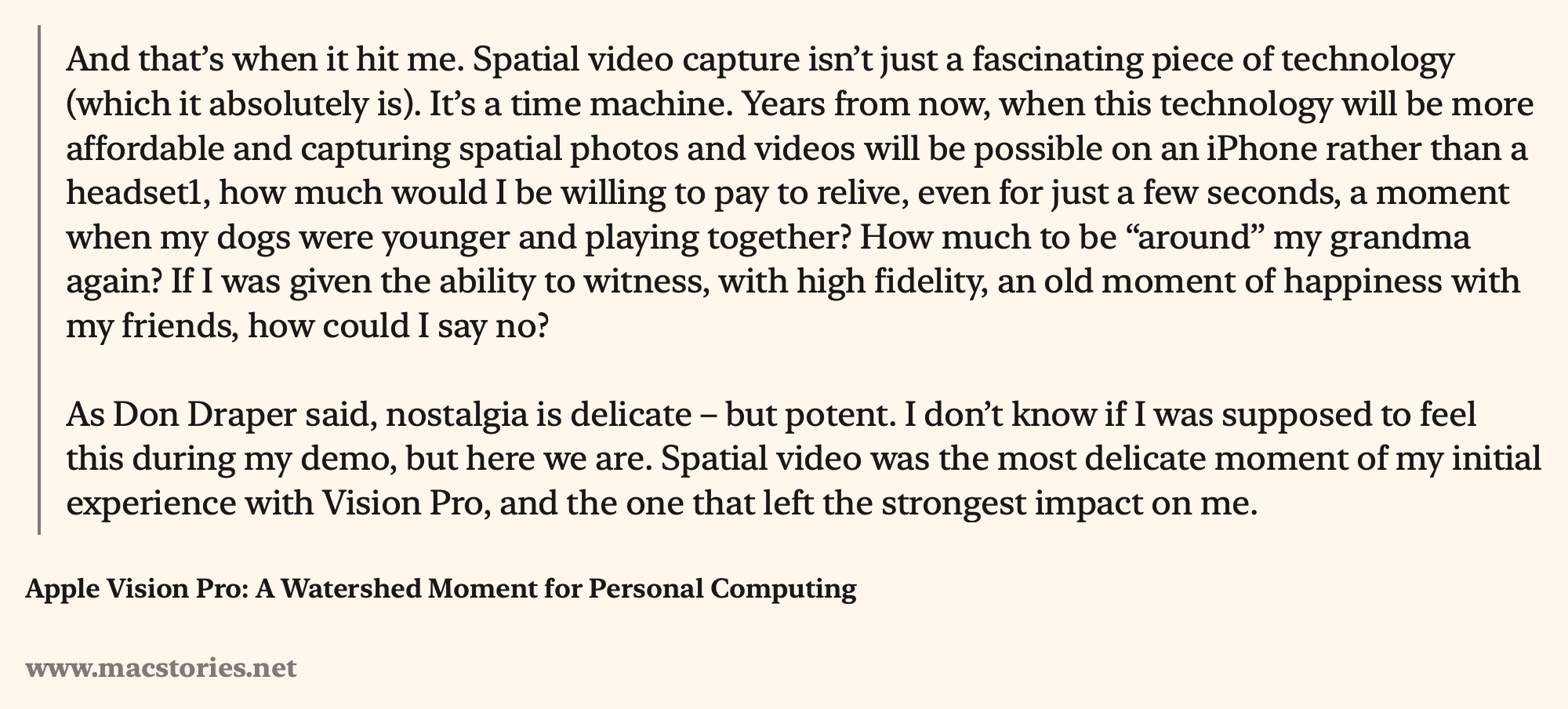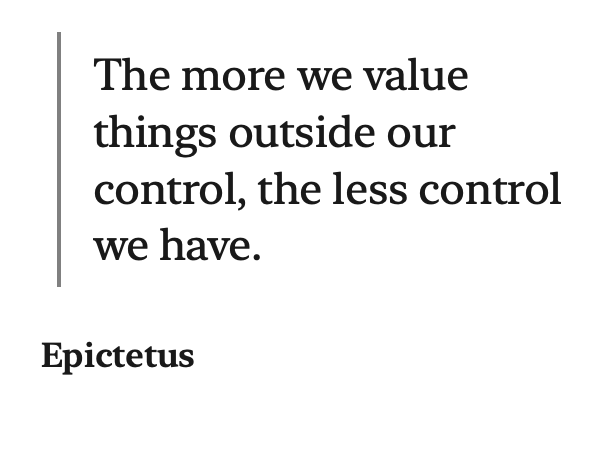After waiting quite a number of months, I finally finished three rolls of 35mm film, and I've just got the scans back.
This is my first time getting film developed, and overall I'm happy with the results. There are certainly a few photos that didn't come out so well, a few fingers that I had to crop out, and also one shot that was cut in half. But at least that gives me a few things to focus on when I'm next out shooting film.
To give some background on the film, there were two rolls of Kodak UltraMax 400 that I used with my Dubblefilm SHOW camera, and another roll of super old Tesco film that was already partially used, that came with a Minolta Maxxum 3xi that someone gave me last year.
I don't know if or how I'm going to store these long-term, but for now, you can view the full collection on my Flickr:
These files have had some corrections done to them on Capture One. But they were mainly adjusting the exposure/contrast and also cropping/straightening.
My Favourites
I ended up with 79 photos from the three rolls of film (I haven't shared the photos that I didn't take), and while I enjoy quite a lot of them, I had to share some of my favourites here.
All of my favourites were actually from the Kodak UltraMax film with the Dubblefilm SHOW camera. I only got a handful on the Minolta, so that's not too much of a surprise. But to be honest, I think a lot of the shots were a bit weird because the film was just so old. From memory, I think it was from the mid-2000s.






Takeaways
I have quite a few lessons that I've learned from this whole process. Some relating to actually taking the shots, the composition, the cameras, and film in general.
As for taking photos, I found that the resulting shot didn't always turn out the same as I had seen it through the viewfinder. So sometimes the frame was larger than expected, and that seemed to mean my fingers were present more than I'd like. I also seem to have an issue keeping the camera level, which I don't think I can blame on anything else but myself.
Waiting to get three films complete before I could get them developed is something I probably won't do in the future. That restriction was just based on how I'd ordered the scans, as I paid for three in advance, and wanted to ship them all at the same time. But I think in the future, I might find a more regular way of getting them developed.
What's Next
As of yesterday, I've actually ordered another film camera. So I guess that itself shows my current feelings towards film photography.
The camera I chose was a Canon AV1. Primarily because it offers me an aperture-priority mode, which I use on my mirrorless camera. But also because it means I can use different lenses, filters, and sort of get the "real" camera experience.
At the same time, I also ordered more Kodak UltraMax 400 film, because I'm happy with the results, and I think I can get even more out of it.
However, right now I do still have three cameras on the go. I've got the Dubblefilm SHOW with a roll of Kodak Portra, the Minolta has a black and white film with a weird name "Street Candy MTN", and I still have an expired Fujifilm disposable camera that is nearly ready to be sent off.











